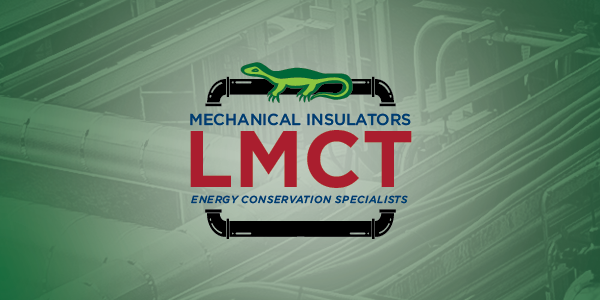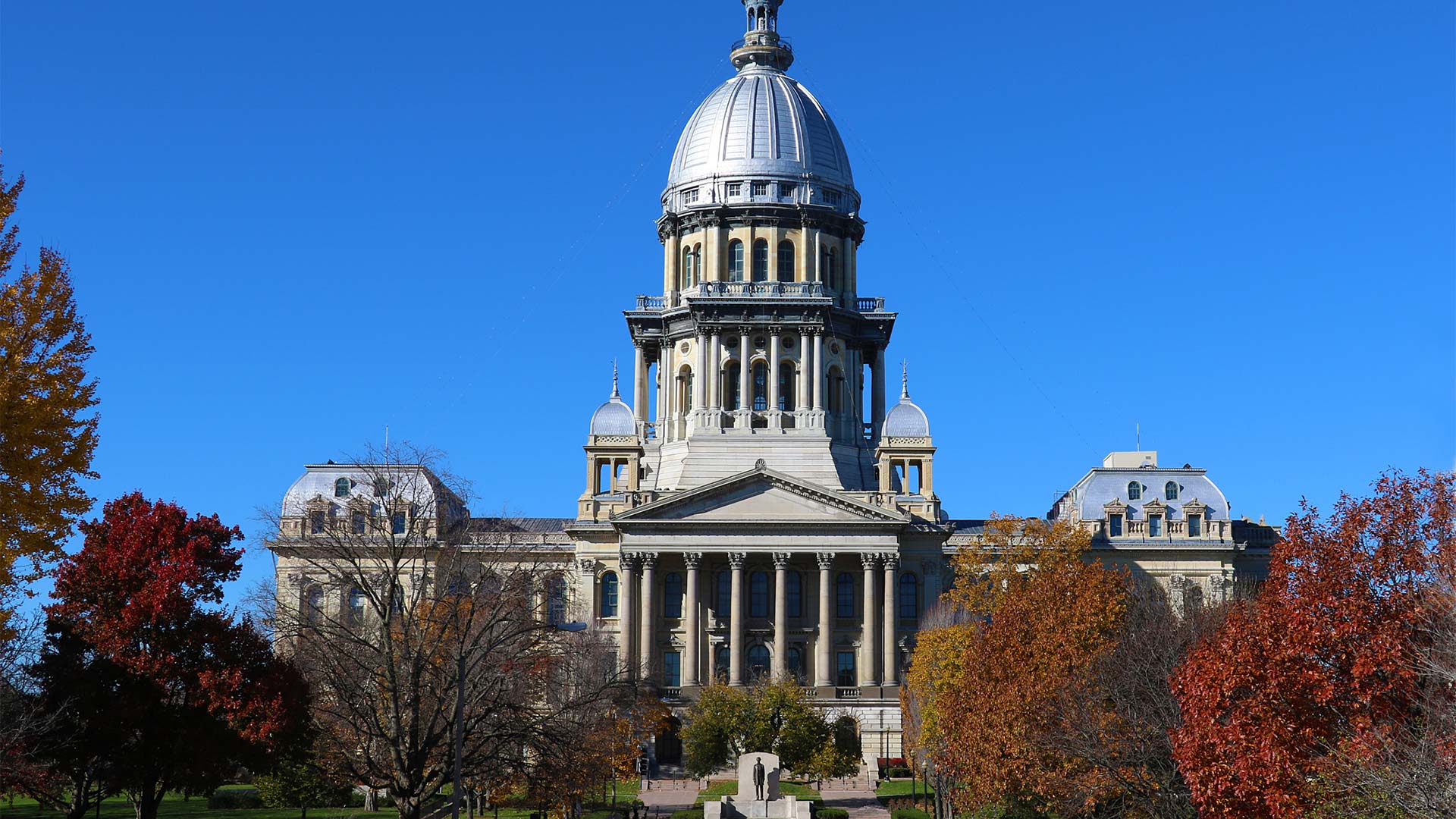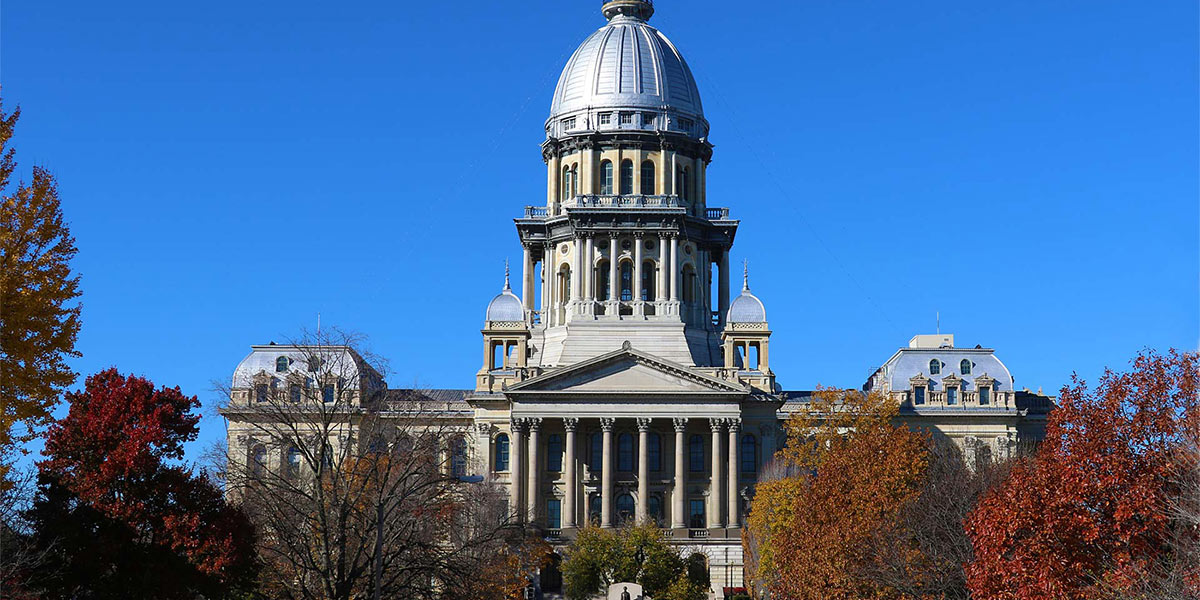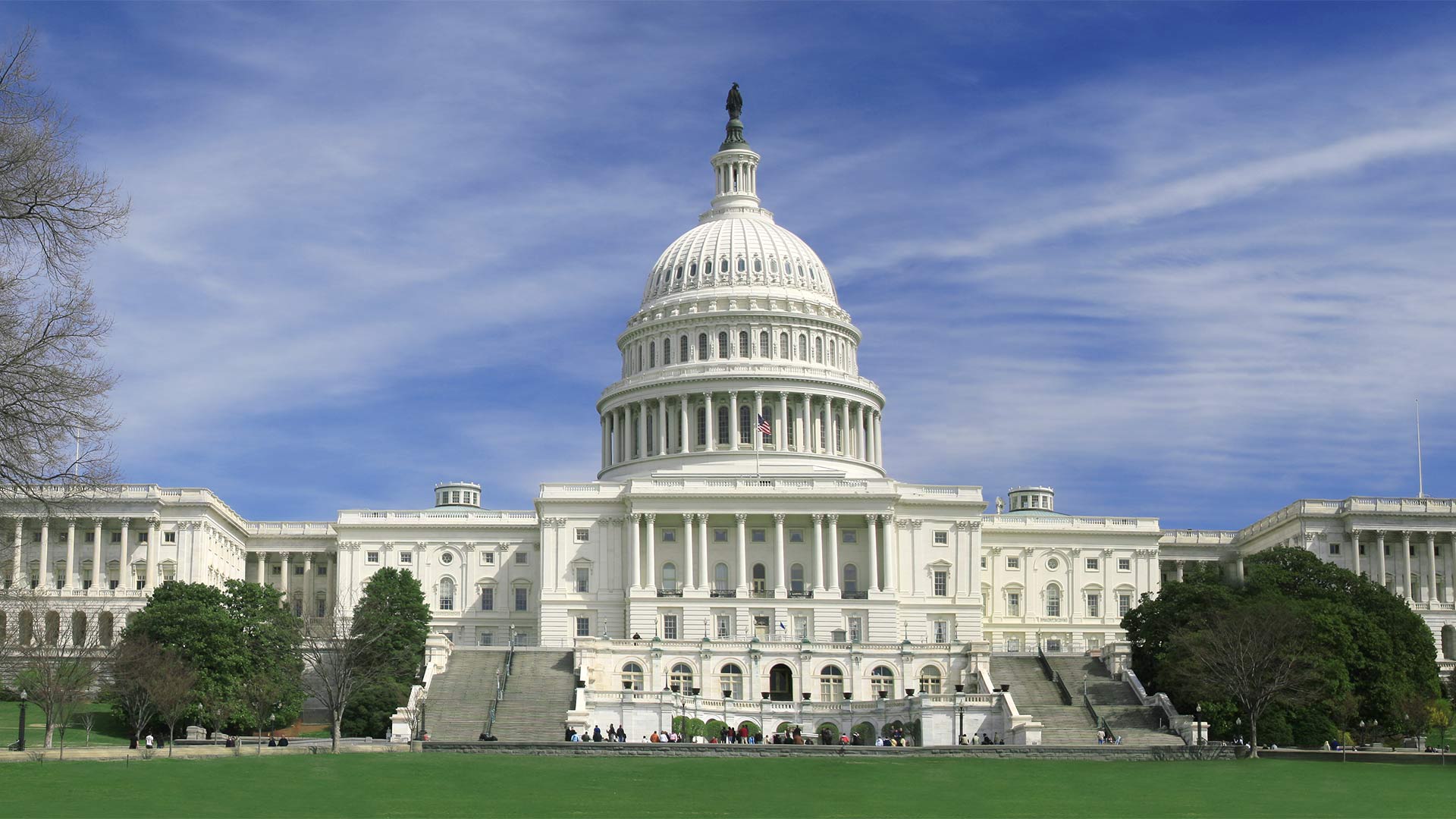
Legislation recently introduced in the Massachusetts legislature will go a long way in helping that state achieve its goal of reducing carbon emissions while providing good-paying jobs for its residents.
State Rep. Marjorie Decker (D-Cambridge) and State Sen. Paul Feeney (D-Foxboro) each filed three bills in their respective chambers.
This legislation derives from a collaborative of stakeholders, who will soon become the next state coalition of the Climate Jobs National Resource Center.
Heat and Frost Insulators and Allied Workers (HFIAW) Local 6 Boston Business Manager Jeff Saliba, who will represent the HFIAW on the Climate Jobs Massachusetts Executive Board, explained the importance of Mechanical Insulation, which plays a key role in energy efficiency.
“Mechanical Insulation is an effective way to reduce the carbon footprint of a building,” Saliba said.
“It helps reduce the need for heating and cooling by preventing heat loss or gain and reducing energy consumption. Using Mechanical Insulation also reduces fossil fuel consumption, which can further reduce the carbon footprint of a building. By properly installing Mechanical Insulation to a mechanical system, the heating and cooling systems can run at optimal efficiency, reducing energy costs and reducing emissions associated with the operation and use of these systems. It will also assist the mechanical system in living out its life expectancy.”
Newly Introduced Legislation
An Act Relative to Healthy and Sustainable Schools
HD.3802 and its companion bill SD.2256 establish a statewide goal to decarbonize K-12 public schools, universities and community colleges by mandating energy audits. The companion bill language is identical to its counterpart.
These audits will not only mandate the traditional building envelope energy audit, but also an audit of the mechanical insulation system in these facilities. These audits will include a report with cost estimates and savings to show how greenhouse gas reduction will be achieved by implementing energy-efficient improvements.
It will also establish the Healthy and Sustainable Schools Office within the Executive Office of Environmental Affairs. This office will facilitate audits and efficiency improvements in schools throughout the state. Funding for implementing the legislation will come from various state and federal sources.
An Act Relative to Clean Energy Workforce Standards and Accountability
HD.3758 and SD.2255 will ensure that green jobs are good paying. Once again, the companion bill language is identical to its counterpart. It will include the following labor standards:
- Require Prevailing Wages on all energy construction and infrastructure projects.
- Require developers and contractors on publicly funded projects to disclose during the bidding process their past experience in supplying a diverse workforce, using apprentices and labor peace during construction.
- Certification of compliance with state, federal and local employment laws.
- Utilizing Labor Peace Agreements for renewable energy supply chain investments.
- Require the Massachusetts Clean Energy Center to create a comprehensive workforce development plan to help transition workers in fossil fuel industries to the clean energy sector.
- Connect workers in Environmental Justice communities to jobs in the clean energy sector.
An Act Relative to a Just Transition to Clean Energy
HD.3769 and SD.2254 will establish a framework to facilitate the other bills. The companion bill language is identical to its counterpart. They will do the following:
- Create a Just Transition Office to provide training and employment opportunities for former and current energy workers displaced because of the transition to clean energy. This committee will include labor representatives, government officials, representatives from the utility community, environmental justice leaders, transportation experts and renewable energy employers and is charged with developing a workforce development plan.
- This bill will provide a safety net for workers who have or will be displaced by providing the following: Climate Adjustment Assistance Benefits, creating a workforce development fund, providing funds for training on alternative fuels, transition-related unemployment assistance and requiring employers to submit a workforce reduction plan any time dislocations occur due to a transition from fossil fuels.
- Tax credits for dual and alternative energy companies that offer suitable employment for affected workers.
- Ensures Labor Union representation on all climate and energy decision-making bodies in Massachusetts.
- Establishes performance-based rates.
These, along with other components, will make this set of legislation one of the most comprehensive green energy plans in the country.



Comments